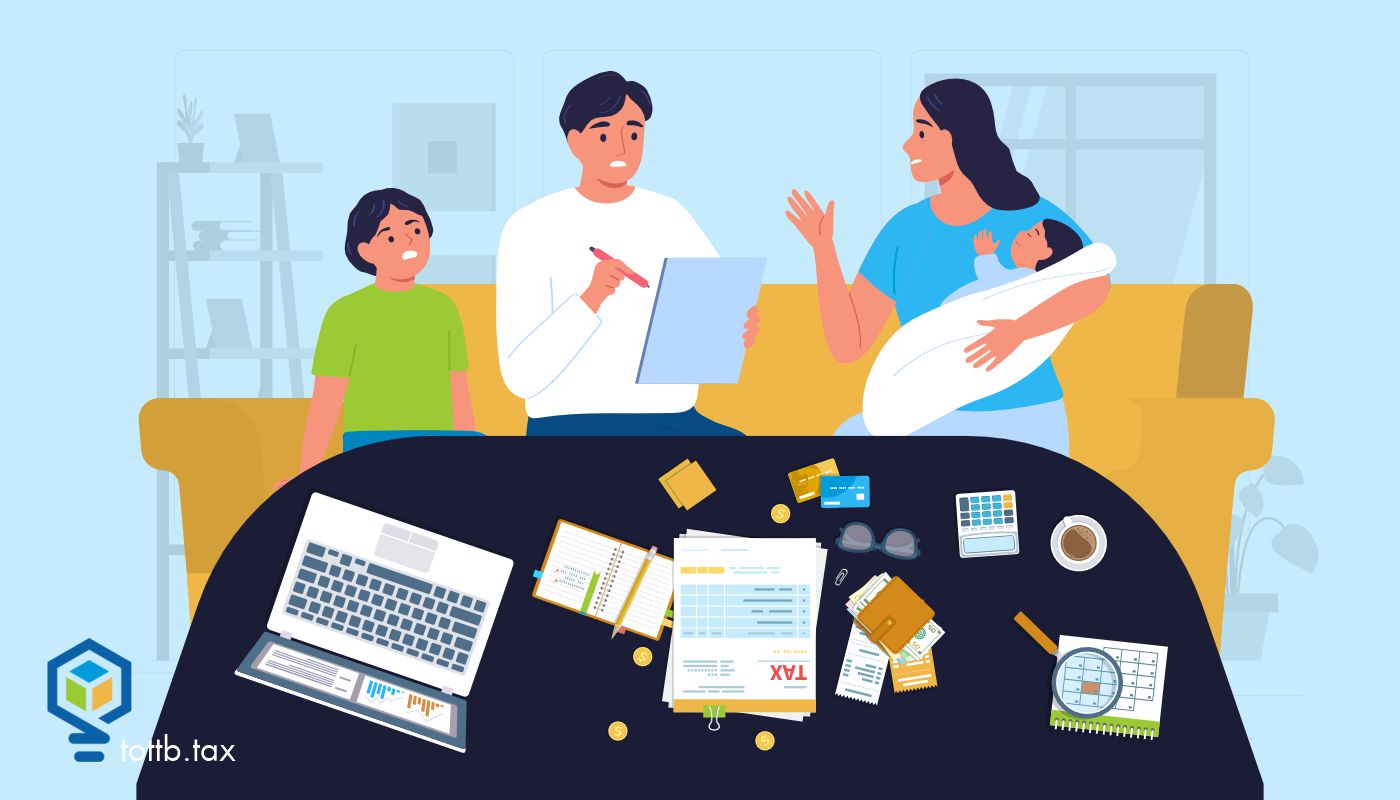
Yes, Virginia, There is a Tax Bankruptcy!
In society, bankruptcy no longer carries the humiliating stigma of failure ; which is why there are hundreds of thousands of bankruptcy filings each year. Interestingly enough, filings have been dropping dramatically since 2018. The total individual and business filings for fiscal year 2022 are nearly half of those from 2018.
The statistics don’t include specific information about how much tax debt was extinguished in bankruptcy. Filing bankruptcy is not for everyone. It can be a viable option for those people whose tax debt meets certain criteria. The following is a basic overview of the concept…






















